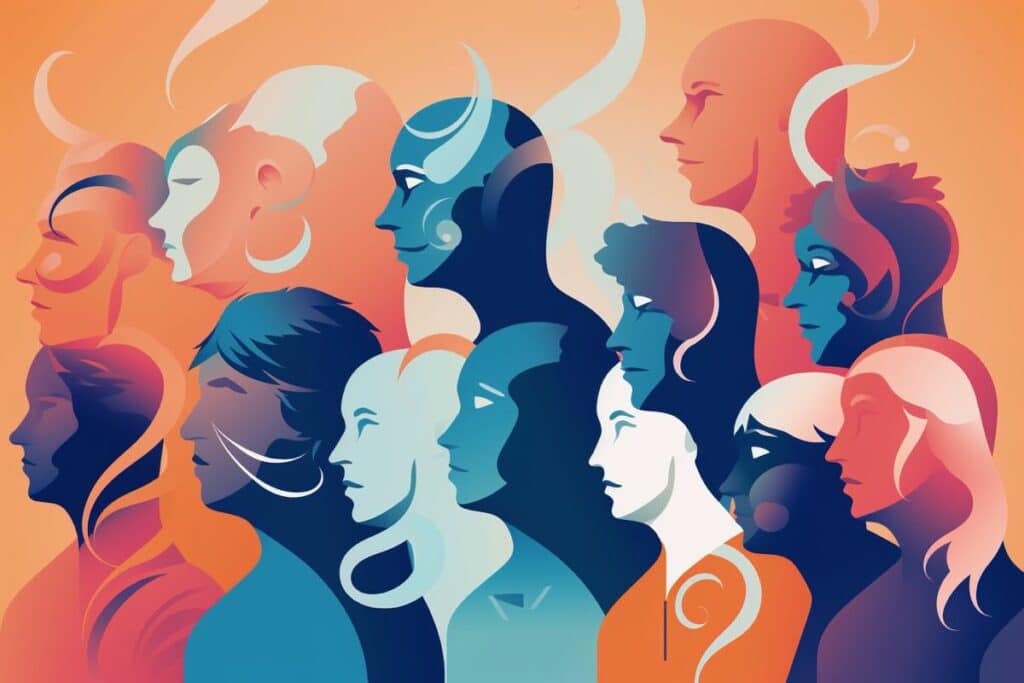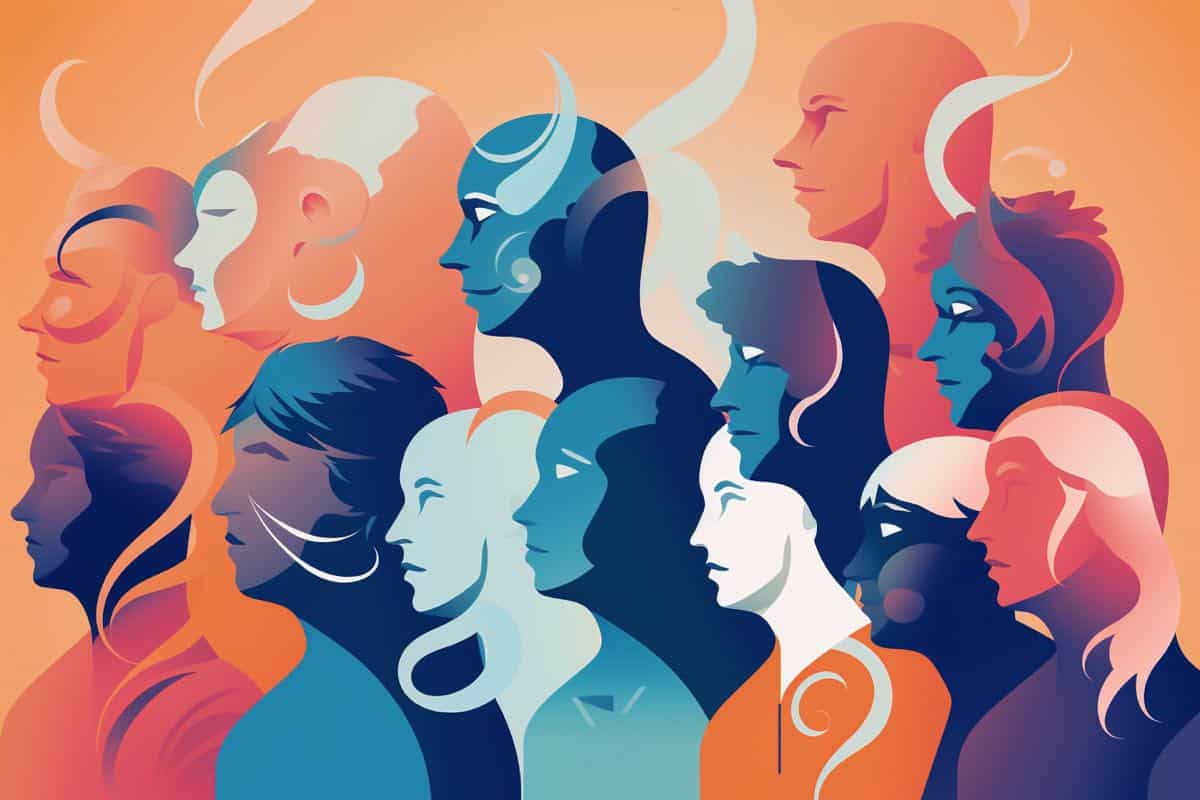I’ve always been fascinated by the world of sleep, and as a self-proclaimed sleep enthusiast, I can’t help but delve deep into the mysteries of our nightly slumber.
One topic that’s been on my mind lately is sleep apnea – a common sleep disorder characterized by repeated interruptions in breathing during sleep.
It’s estimated to affect millions of people worldwide, but a question has been nagging at me: is sleep apnea being overdiagnosed?
Now, don’t get me wrong – I’m not downplaying the seriousness of this condition for those who genuinely suffer from it.
However, with the rise in awareness and testing for sleep disorders, it’s worth considering whether we might be casting too wide a net and diagnosing people who don’t actually have this potentially dangerous condition.
So, join me as we journey through the hazy realm of sleep apnea diagnosis and explore whether or not this increasingly common disorder is really as prevalent as we think.

The Rise In Sleep Disorder Awareness
I’ve been a sleep enthusiast for quite some time now, and I’ve noticed that there’s been a considerable rise in sleep disorder awareness. It’s great to see that more people are becoming aware of the importance of sleep and how it affects our overall health.
Sleep advocacy groups have done an excellent job educating the public on various sleep disorders, from insomnia to restless leg syndrome. One such disorder that has gained significant attention over the years is sleep apnea.
However, along with this increased awareness comes the inevitable diagnostic debate. Some believe that sleep apnea is overdiagnosed, while others argue that it’s still underdiagnosed.
It’s essential to strike a balance between raising awareness and ensuring accurate diagnoses. After all, getting the right diagnosis can make all the difference in improving one’s quality of life by receiving appropriate treatment.
So let’s keep the conversation going and continue advocating for better understanding and proper management of sleep disorders like sleep apnea.
Criteria For Sleep Apnea Diagnosis
Now that we’ve delved into the rise in sleep disorder awareness, let’s take a closer look at the criteria for sleep apnea diagnosis.
It’s vital to understand the ins and outs of this process, as it directly influences whether or not sleep apnea is overdiagnosed. Diagnosis challenges are a significant factor in determining if someone truly suffers from this condition or if they’re experiencing something else entirely.
The misdiagnosis risks associated with sleep apnea are real, so it’s essential to have a clear understanding of what goes into diagnosing this disorder. Accurate diagnosis is crucial not only for the individual affected but also for healthcare providers who aim to provide effective treatment options.
So, as we explore the criteria for sleep apnea diagnosis, keep in mind that getting it right can make all the difference in someone’s life and overall well-being.
Potential Consequences Of Overdiagnosis
Picture this: a world where every other person you know is being diagnosed with sleep apnea, and it’s raining CPAP machines like there’s no tomorrow. While that may be an exaggeration, overdiagnosis of sleep apnea is a concern that has been buzzing among professionals and sleep enthusiasts alike.
The impact of overdiagnosis can have significant consequences for both patients and healthcare systems, which makes the accuracy of diagnosis all the more crucial. In the realm of sleep disorders, we must tread carefully.
Mislabeling someone as having sleep apnea when they don’t can lead them down a path of unnecessary treatments, expenses, and psychological distress. On the other hand, overlooking a genuine case of sleep apnea could result in life-threatening health risks going unchecked.
So my fellow dreamers, let us not lose sight of the importance of striking that delicate balance between vigilance and caution when it comes to diagnosing this widespread sleep disorder.
Alternative Explanations For Sleep Disturbances
As a sleep enthusiast, I can’t help but wonder if there are other possible explanations for sleep disturbances besides sleep apnea.
It’s important to consider that factors such as sleep anxiety and lifestyle choices could also be at play when we struggle to get a good night’s rest.
Sleep anxiety, for example, is something many of us have experienced – the more you worry about not being able to fall asleep or stay asleep, the harder it actually becomes to do so!
This vicious cycle can lead to disrupted sleep patterns and exhaustion during the day.
It’s also crucial to examine our lifestyle factors when evaluating the cause of our sleep issues.
Are we consuming too much caffeine or alcohol? Are we glued to screens late into the night? Do we maintain a consistent bedtime routine?
All of these aspects can significantly impact our quality of sleep.
So before jumping to conclusions and assuming that we’re dealing with sleep apnea, let’s take a closer look at our habits and routines.
Making some adjustments might just lead us down the path toward better zzz’s!
Ensuring Accurate Diagnosis And Treatment
Imagine being jolted awake from a dream where you’re riding on the back of a T-Rex, only to find out that it was actually your own snoring and gasping for air that woke you up. That’s what it’s like living with sleep apnea.
But how can we ensure diagnosis accuracy and treatment efficiency in such cases?
To make sure we’re getting the most accurate diagnosis and proper treatment, it’s important to consult with a sleep specialist who will take into account our individual symptoms, medical history, and possibly order a sleep study to confirm the presence of sleep apnea.
By doing so, we can avoid any overdiagnosis or misdiagnosis and ensure that we receive the most effective treatment plan tailored to our specific needs.
And remember folks, there’s nothing more satisfying than waking up refreshed after a night of uninterrupted slumber! So let’s work together to ensure accurate diagnoses and treatments for all those struggling with sleep apnea.
Conclusion
Just the other night, I found myself tossing and turning, wondering if sleep apnea could be the culprit behind my restless nights.
Coincidentally, you might be pondering the same thing while reading this article.
Remember, it’s essential to consult a healthcare professional for an accurate diagnosis and appropriate treatment.
Together, we can ensure that sleep disorders like sleep apnea are neither overdiagnosed nor underestimated, ultimately leading to a good night’s rest for all of us.
Sweet dreams!

